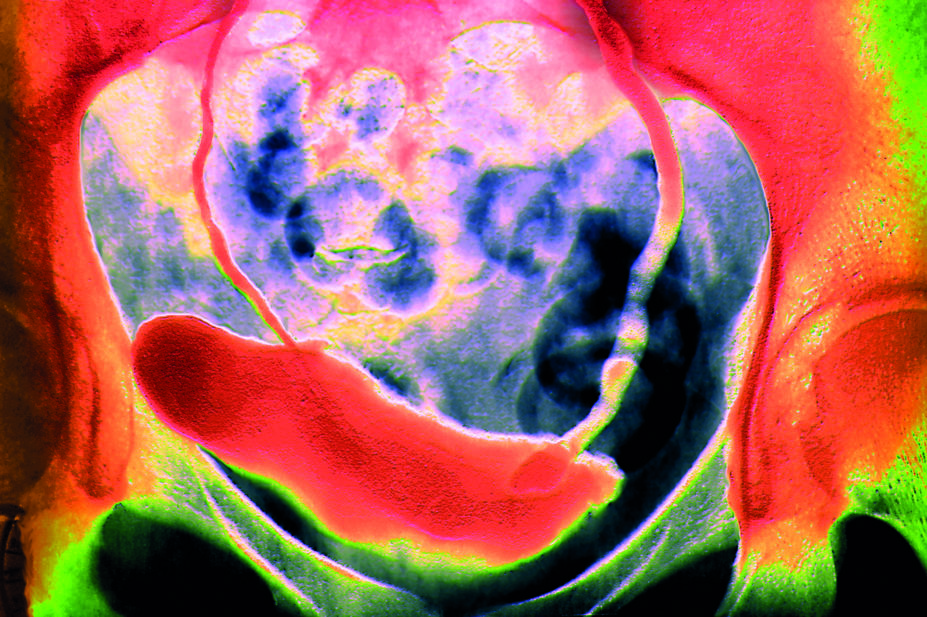
Sovereign, ISM / Science Photo Library
Research into the relationship between antimuscarinics for overactive bladder (OAB) and the subsequent risk of depression has provided conflicting results.
To explore, researchers from Taiwan conducted a retrospective study involving data on 1,952 women with OAB who received antimuscarinics who had been matched to 9,760 women with OAB who did not receive an antimuscarinic.
They found that, during the three-year follow-up period, women who received an antimuscarinic were subsequently 38% (95%CI, 1.15–1.64) more likely to be diagnosed with a depressive disorder than those who didn’t.
Reporting in the Journal of Clinical Pharmacology
[1]
, the team says that further research is needed to identify a potential mechanism linking antimuscarinics to depressive disorder, but healthcare professionals should be alert to this relationship in order to help women seek prompt attention for depressive symptoms.
References
[1] Chung S-D, Weng S-S, Huang C-Y, et al. Antimuscarinic use in females with overactive bladder syndrome increases the risk of depressive disorder: a 3-year follow-up study. J Clin Pharm 2017; doi:10.1002/jcph.890


